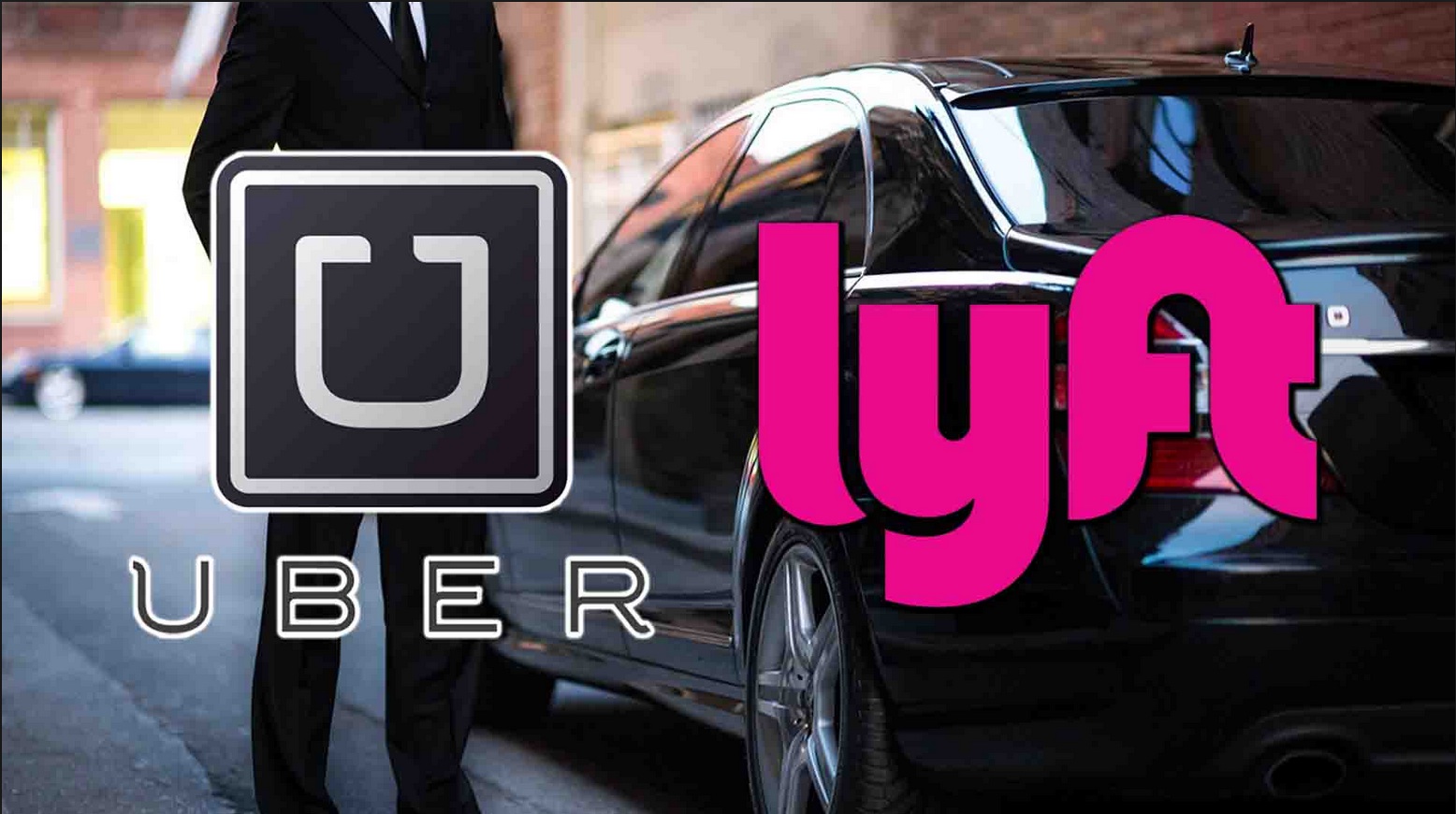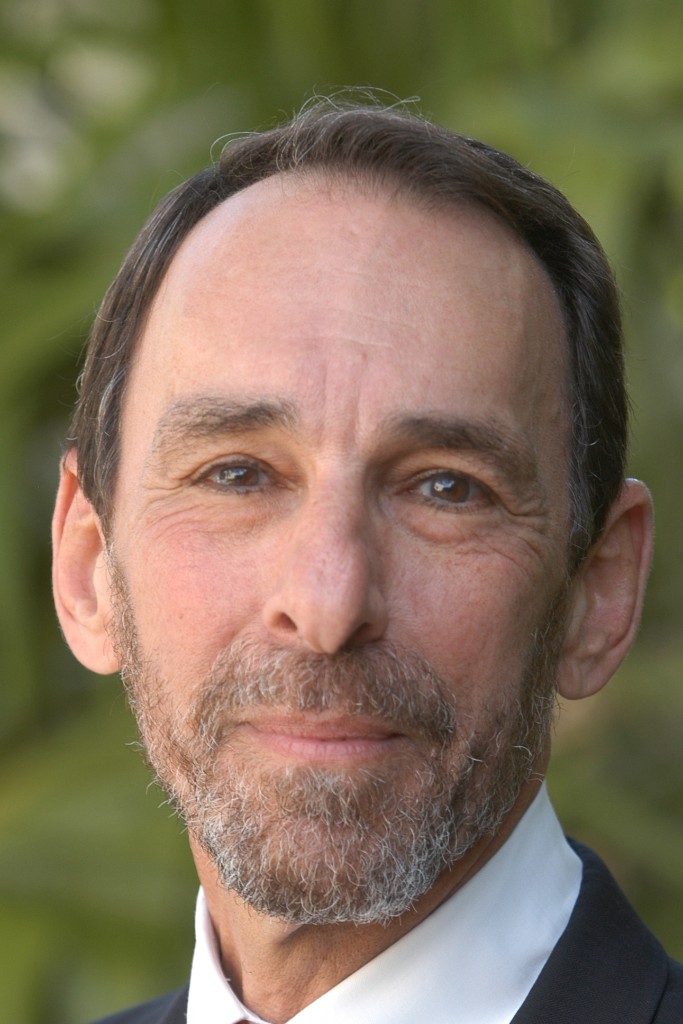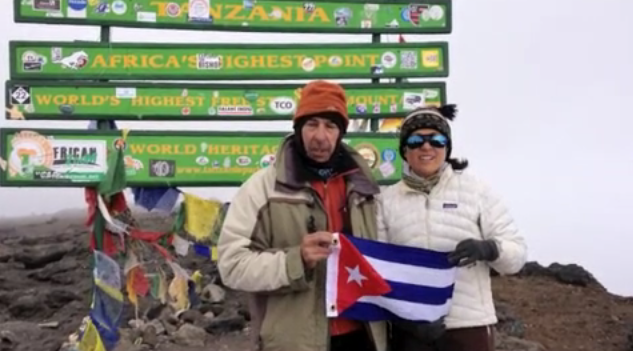The bad news is that the United States is on an opposite path as the only country which has registered a decline in economic freedom for seven consecutive years.
A microcosmic example of the regulatory environment that overawes our entrepreneurial spirit is playing out in our community, and elsewhere, in the form of roadblocks and actual persecution of ride-sharing modernizers Lyft and UberX. These are ride-sharing visionary companies that match passengers with drivers using technology in an innovative win-win fashion. The car-for-hire industry is not happy with these new competitors that confront their oligopolistic practices.
What we have yet to learn, and our political class ignores, is that economic success is not our natural birthright. Economic liberty must be defended because prosperity cannot survive without economic freedom and the innovations that it ushers. When was the last time you rented a movie from Blockbuster or bought film from Kodak?
The last two years of the Bush presidency and the first two years of Obama’s presidency marked the largest expansion of state power in the U.S. since the 1930’s. As a result, the United States continues to lose ground in economic freedom. Since 2007, the United States has tumbled from one of the top 10 freest economies to 12th place. According to the Index’s rankings, the United States is no longer considered a “free” economy, but only “mostly free.” The United States has now earned the dubious distinction of being second only to Argentina in recording the longest sustained decline in economic freedom in the twenty year history of the index.
There is a clear positive relationship between economic freedom and the level of prosperity in a given country. As documented by the Index, countries with greater economic freedoms reach higher incomes and better standards of life, whereas governments that take over their countries’ economies impoverish the citizenry. And yet, the economic and regulatory policy direction of the United States is fast-tracking the loss of our economic freedoms with a substantial growth in the size and scope of government. Moreover, cronyism and corruption- classic byproducts of the expansive use of government to manage economic activity- are further eroding economic freedom.
The material prosperity case for economic freedom is clear cut. The data show that the free-market system has fueled unprecedented economic growth around the world. Over the past two decades, as the global economy has moved toward greater economic freedom, hundreds of millions of people have been raised out of poverty. In our microcosmic example, upstarts Lyft and UberX offer, not only higher value for consumers, but also a source of income for the drivers.
The moral case for economic freedom is equally clear cut, albeit less obvious thus allowing for a specious case to be made for government controls. The powerful taxi interests, claiming they are defending public safety, are trying to make such a paralogical case against competitors Lyft and UberX along the lines of unfair competition. That proposition is close to an oxymoron.
In an essay accompanying the 2014 Index of Economic Freedom, Professor John Tomasi of Brown University seeks to make the ethical case for economic freedom as the most moral of societal arrangements and a societal good in its own right. By protecting economic freedom, he argues, we respect others as our moral equals and we assert that governments must respect citizens as responsible authors of their own lives. “Diminishing personal agency in economic affairs –no matter how lofty the social goal- may drain vital blood from a person’s life.”
Speaking for this author’s personal life; I must go now, as my Uber app just notified me that my UberX driver is here to pick me up.
Please let us know if you  this article. this article. |
|






No comments:
Post a Comment